
This Alternative Treatment Might Reverse Brain Aging and Improve Mental Sharpness—Without the High
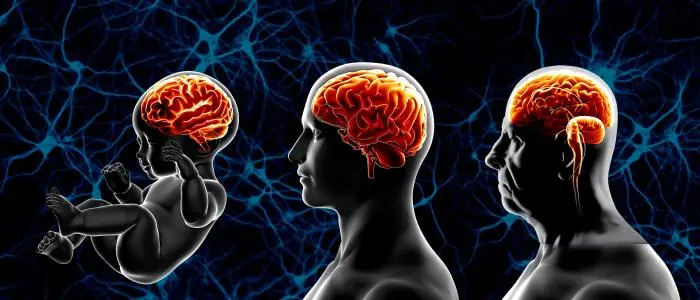 Can THC Reverse Brain Aging? A 2017 Study Suggests It Might for the Elderly
Can THC Reverse Brain Aging? A 2017 Study Suggests It Might for the Elderly
In a groundbreaking study, researchers from University Hospital Bonn and The Hebrew University of Jerusalem found that low doses of THC, a psychoactive compound, could potentially reverse age-related memory decline in mice. Published in Nature Medicine, this study opened new doors to understanding how compounds like THC might influence brain health in aging populations.
The Study and Its Findings
Older mice treated with small doses of THC over a period of several weeks performed comparably to much younger mice on memory and learning tasks. The secret behind this rejuvenating effect appears to be THC's ability to reactivate key molecular pathways in the brain. One such pathway is the mTOR signaling pathway, which plays a significant role in synaptic plasticity—the brain's ability to adapt and store information.
More specifically, the hippocampus, a region critical for memory formation, showed signs of rejuvenation after the THC treatment. These findings are significant, as the hippocampus typically deteriorates with age, contributing to cognitive decline. THC treatment, interestingly, mirrored the effects of exercise and caloric restriction—two well-known factors that promote healthy aging at the cellular level.
The Dosage Dilemma
However, the study's results weren't universally beneficial. In young mice, THC had the opposite effect, impairing their cognitive function. This suggests that the age of the subject plays a key role in how the brain responds to THC, emphasizing the importance of dosage, duration, and timing in any future therapeutic use.
While the study's results are intriguing, it’s important to note that these findings are based on animal models, and human trials are necessary to determine whether the same effects are seen in people. More research is needed before any definitive conclusions can be made about the potential of THC-based therapies for neurodegenerative diseases and age-related cognitive decline.
Implications for Future Research
This research marks a significant step forward in exploring the potential benefits of THC and similar compounds for brain health. If these results are confirmed in human trials, they could lead to new therapies for combating age-related cognitive decline and neurodegenerative diseases such as Alzheimer's. However, scientists emphasize that caution is needed, as the impact of THC on younger brains and its overall therapeutic potential must be carefully studied.
Conclusion
While the study provides promising insights into how THC might aid in reversing age-related brain decline, more research is needed to fully understand the compound's effects on human brains. Until then, THC remains an exciting area of exploration for neurodegeneration therapies.
Sources:
-
Nature Medicine journal, 2017 study on THC and brain aging
-
Research conducted by University Hospital Bonn and The Hebrew University of Jerusalem
News in the same category


Unlocking the Health Benefits of Morning Coffee: A Guide to Optimal Timing

Family of Three Diagnosed with Lung C@ncer from Grilled Food: A Cautionary Tale

How to Remove Stubborn Limescale from Your Electric Kettle with This Simple Trick

How to Prevent Snakes from Entering Your Air Conditioner: Essential Safety Tips

Avoid Throwing Away the Roots When Preparing These 4 Vegetables: Are You Unknowingly Discarding the 'Miracle' That Helps Your Body Stay Healthy from the Roots

6 Groups Who Should Avoid Coffee in Their Daily D!et

12 Summer Vegetables Prone to P@rasite Contamination: What You Need to Know

13 Early Warning Signs of Kidney Issues in Young Adults

Why Does the Air Conditioner Smell at 26°C but Not at 25°C? The Surprising Cause

Father of Four D!es from Bowel C@ncer: A Heartbre@king Reminder to Listen to Your Body

Sweet Treat or Silent Thre@t? Experts Warn of Hidden D@ngers in Slushies for Children

The Sugar-Eating Vegetable That’s Taking Health Experts by Surprise
Discover how beans help manage diabetes by regulating blood sugar levels, providing essential nutrients, and supporting overall health. Learn the benefits of adding beans to your diet and other vegetables that support blood sugar control.
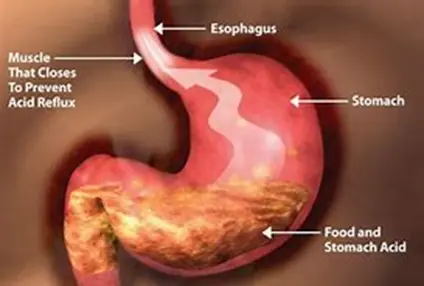
Your Stomach Ac!d Could Digest Razor Blades - Here's How You Don't D!e From It
Learn about the fascinating regeneration of the stomach lining, how it plays a vital role in digestion, and how lifestyle factors like diet and stress can affect its health. Discover tips for maintaining a healthy stomach lining to avoid digestive issues.
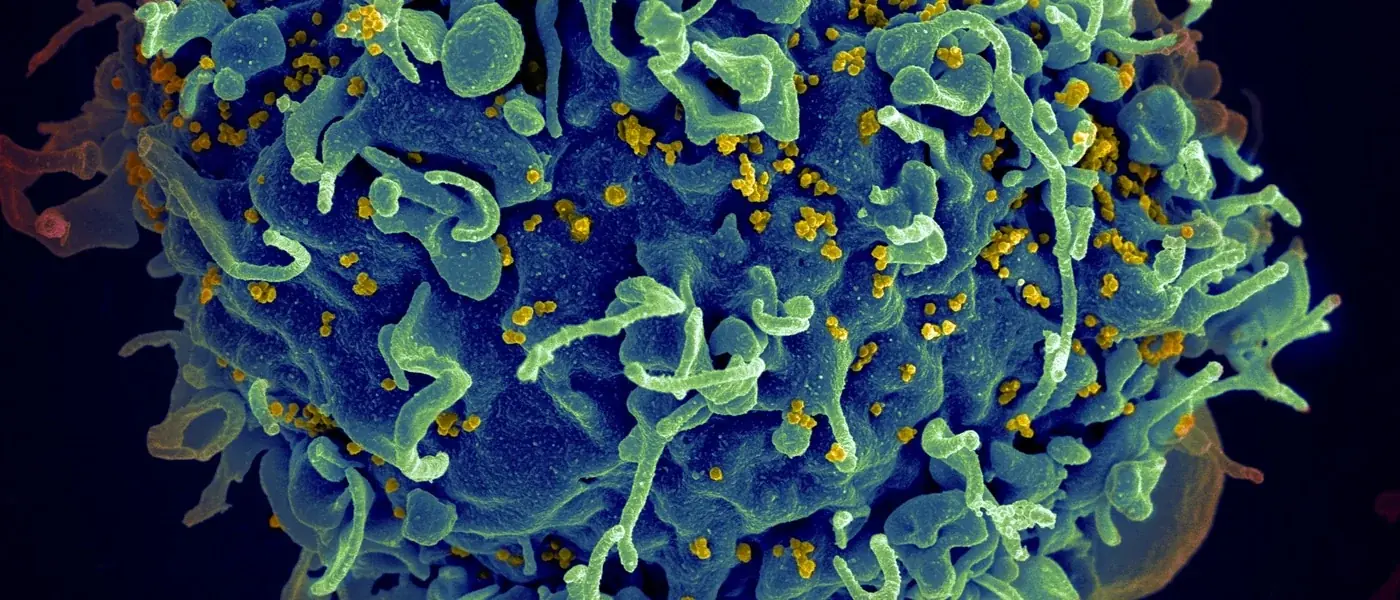
It’s Official: H!V Is Now a Manageable Condition, Not a Dea@th Sentence
HIV is now a manageable condition, with ART allowing people to live full lives. The virus can even become undetectable and untransmittable. Learn about the progress and ongoing challenges.
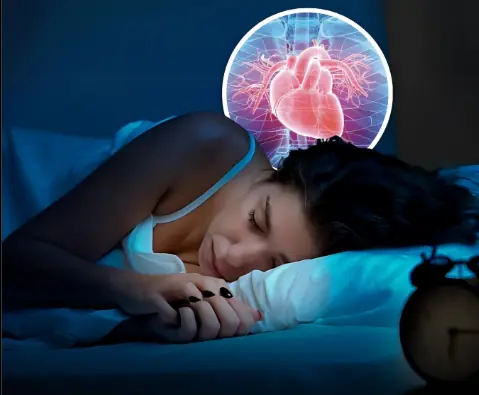
Serious Heart R!sks Linked to Just 3 Nights of Poor Sleep, Scientists Warn
Discover the alarming link between sleep deprivation and heart health. A recent study from Uppsala University reveals how just three nights of poor sleep can trigger harmful changes in blood, increasing the risk of heart disease.

Doctor's Warning: What You Should NEVER Ignore About Bulging Ve!ns
Learn about bulging veins, including causes, symptoms, risk factors, and complications like varicose veins. Discover effective prevention strategies and when to seek medical attention for bulging veins. Stay informed about vein health to avoid serious com
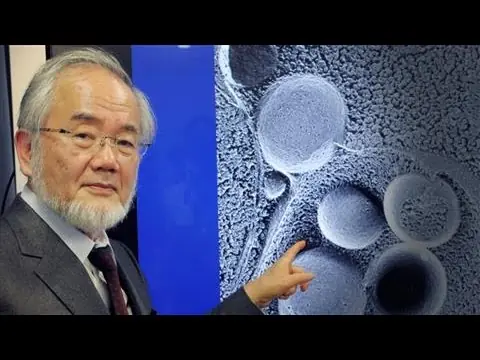
Autophagy Explained: Why Getting Hungry Destr0ys Canc3r, Alzheimer's and Aging Cells
Discover how fasting triggers autophagy, a natural process that helps your body recycle damaged cells, combat aging, and lower risks of diseases like cancer and Alzheimer’s. Learn more about the benefits of fasting for overall health.
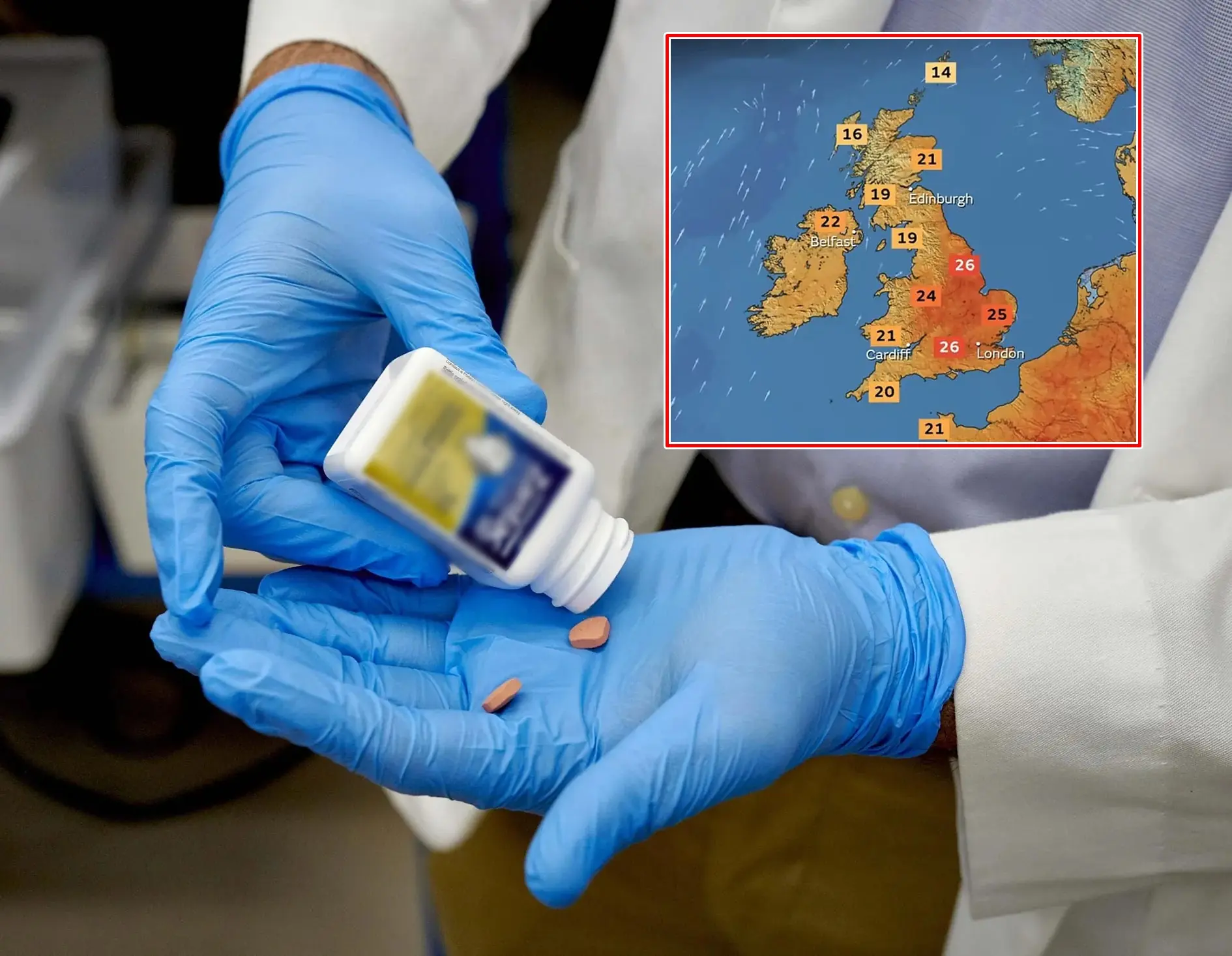
Warning over common over-the-counter drug that can fuel cancer in warm weather
It is crucial for individuals taking these medications to be aware of the potential risks and to take appropriate steps to protect their skin from harmful UV radiation.
News Post

From Abandoned to Adored: The Heartwarming Story of Zed, the Miniature Pinscher Who Found His Forever Family
Found crying and abandoned, a tiny Miniature Pinscher named Zed embarked on an incredible journey. This heartwarming story of dog rescue reveals how unexpected love transformed his life.

A Lesson in Respect and Safety: How One Driver Handled a Police Stop While Legally Carrying a Firearm
Learn how a responsible driver handled a police stop while legally carrying a firearm, emphasizing safety, respect, and cooperation. A powerful story of how mutual respect can create a positive outcome during a tense situation.

A Race Against Time: How a Stranger's Extraordinary Kindness Ensured a Daughter's Final Farewell
Discover the extraordinary kindness of a stranger whose selfless act provided a miraculous journey home, ensuring a precious final goodbye and inspiring a legacy of paying it forward.

Carol Kaye Declines Rock and Roll Hall of Fame Induction, Stands by Legacy of Teamwork
Carol Kaye, a legendary bassist, declines her 'Music Excellence Award' at the Rock and Roll Hall of Fame, citing a lack of reflection of the collaborative spirit of session musicians. Discover her reasoning and stand for respect in the industry.

A Stranger's Blessing: The Transformative Power of Kindness That Changed a Life Forever
Lucia's simple act of kindness toward a stranger leads to an unexpected windfall and a life-changing revelation. Discover how one small gesture transformed everything and set her on a new path, full of hope and love.

The Mystery Behind the Chicken and the Hidden Family Secret
Discover the chilling family secret revealed by a chicken and its connection to a missing man. A gripping story of suspense and mystery, uncovering long-buried truths.

Overcoming the Struggles of Parenting Triplets: A Journey of Love, Exhau$tion, and Hope
A deeply emotional story of a couple’s struggle to raise triplets, filled with exhau$tion, guilt, and the overwhelming love they share for their children.

The Prom Dress Mystery: A Hidden Letter That Changed Three Lives Forever
A young woman buys a $12 prom dress from a thrift store, only to uncover a hidden letter that leads to a powerful reunion. Explore the emotional journey of forgiveness, second chances, and the mysterious connection that binds their lives together.

Family Secrets Unveiled: A Son's Journey to Discover the Truth Behind His Grandfather's Legacy
A son uncovers hidden family secrets in a letter left by his late grandfather. Join his emotional journey to find his long-lost sister and reclaim what was once lost—his family’s true legacy.

From Rejection to Redemption: How a Wedding Changed a Mother’s Place in Her Son’s Life Forever
A mother’s love is put to the test when her son’s wedding brings unexpected emotions and a life-changing declaration. Discover the heartwarming journey of a mother and son’s bond that triumphs over all odds in this touching story of family, love, an

6 Morning Foods to Boost Insulin Sensitivity and Control Bl00d Sugar

Unlocking the Health Benefits of Morning Coffee: A Guide to Optimal Timing

Torn Between Love and Freedom: A Daughter’s Battle for Independence Against Her Family's Expectations
A young woman struggles with her controlling family, torn between following her dreams abroad and staying to meet her parents' expectations. A story of family conflict, independence, and finding peace amidst emotional manipulation.

Family of Three Diagnosed with Lung C@ncer from Grilled Food: A Cautionary Tale

How to Remove Stubborn Limescale from Your Electric Kettle with This Simple Trick

Am I Wrong for Refusing to Attend Dinner After My Sister-in-Law Used Her Kids to Manipulate Me?
Tensions rise when a family dinner becomes a battleground of manipulation, boundaries, and respect. Read about the emotional showdown between a woman and her sister-in-law, and the shocking aftermath of one decision that could change everything.

How to Prevent Snakes from Entering Your Air Conditioner: Essential Safety Tips

Avoid Throwing Away the Roots When Preparing These 4 Vegetables: Are You Unknowingly Discarding the 'Miracle' That Helps Your Body Stay Healthy from the Roots

6 Groups Who Should Avoid Coffee in Their Daily D!et
